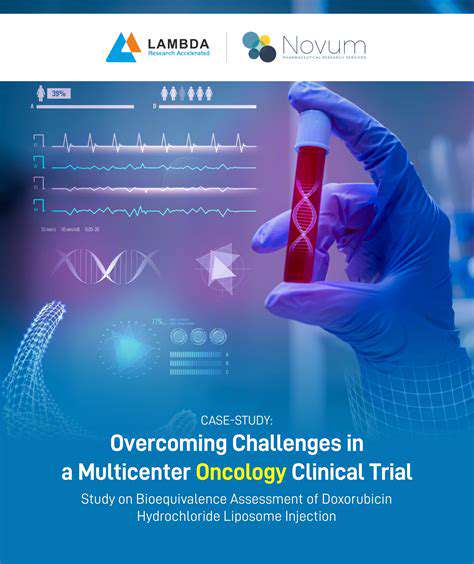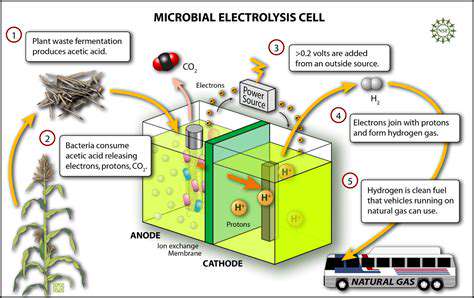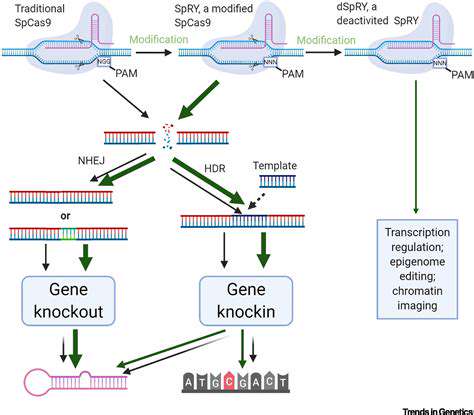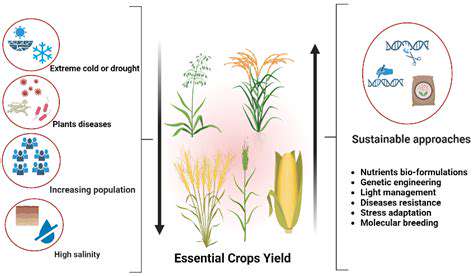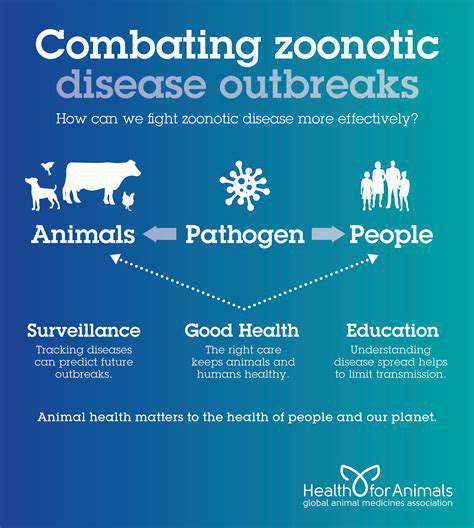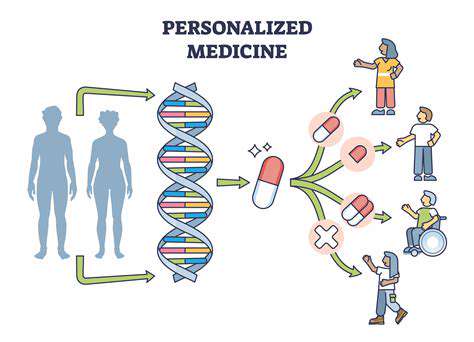
Targeting Specific Inflammatory Pathways
Targeting the NF-κB Pathway
The nuclear factor kappa-light-chain-enhancer of activated B cells (NF-κB) pathway is a crucial regulator of inflammation. activation of this pathway leads to the production of numerous inflammatory cytokines and chemokines, contributing significantly to the chronic inflammatory response in various diseases. Inhibiting NF-κB activation is a promising therapeutic strategy, as it could potentially reduce the production of these inflammatory mediators and mitigate disease progression. Targeting this pathway requires a deep understanding of its complex regulatory mechanisms, allowing for the development of selective inhibitors without interfering with other essential cellular processes. Many existing drugs target this pathway, and more research is ongoing to discover new and more effective therapies.
Significant research has focused on developing small molecule inhibitors that selectively block NF-κB activation. These compounds could potentially alleviate the symptoms and progression of chronic inflammatory diseases. However, challenges remain in achieving sufficient selectivity and minimizing side effects, which necessitates continuous optimization of the existing compounds and the search for entirely new compounds.
Targeting the JAK-STAT Pathway
The Janus kinase (JAK)-signal transducer and activator of transcription (STAT) pathway plays a pivotal role in regulating immune cell activation and inflammatory responses. Activation of this pathway leads to the production of various inflammatory mediators, thus contributing to the perpetuation of chronic inflammation. Targeting JAK-STAT signaling represents a promising therapeutic approach for diseases characterized by chronic inflammation, as it could potentially reduce the production of these inflammatory molecules and alleviate disease symptoms.
Various JAK inhibitors are currently available, and their efficacy in treating inflammatory diseases is being extensively investigated. However, the specific role of different JAK isoforms in various inflammatory conditions needs further clarification to optimize therapeutic strategies and minimize potential side effects.
Targeting the MAPK Pathway
The mitogen-activated protein kinase (MAPK) pathway is a crucial signaling cascade involved in cellular responses to various stimuli, including inflammatory signals. Activation of different MAPK branches, such as ERK, JNK, and p38, leads to the production of inflammatory mediators and the regulation of immune cell function. Targeting these pathways could potentially offer a new avenue for treating chronic inflammatory diseases by modulating the inflammatory response.
The development of specific inhibitors targeting particular MAPK branches is ongoing. The challenge lies in developing compounds that exhibit high specificity and minimal off-target effects, crucial for preventing unwanted side effects. Further research is needed to fully understand the specific contributions of different MAPK branches to different inflammatory conditions.
Targeting Cytokine Production
Cytokines are crucial signaling molecules in the inflammatory response. Targeting the production of these cytokines is a promising strategy for treating chronic inflammatory diseases. This involves blocking the specific receptors that trigger cytokine release or inhibiting the enzymes responsible for cytokine synthesis. By targeting cytokine production, we aim to reduce the overall inflammatory cascade and alleviate disease symptoms.
Drugs that target specific cytokines, such as TNF-alpha inhibitors, have proven effective in treating certain inflammatory diseases. However, the complex interplay between different cytokines necessitates a comprehensive understanding of the cytokine network to develop more targeted and effective therapies. Developing drugs that target multiple cytokines simultaneously could potentially offer a more holistic approach to treating chronic inflammatory diseases.
Targeting Apoptosis and Cell Death
Dysregulation of apoptosis, or programmed cell death, is often observed in chronic inflammatory conditions. Impaired apoptosis can lead to the accumulation of damaged cells and the release of inflammatory factors, perpetuating the cycle of inflammation. Interfering with apoptotic pathways may represent a unique therapeutic strategy for treating chronic inflammatory diseases. Targeting these pathways may lead to cell removal and reduce inflammatory responses.
Investigating novel approaches to modulate apoptosis in a controlled manner is crucial. Developing strategies that specifically target the apoptotic pathways relevant to particular inflammatory conditions is key to achieving therapeutic efficacy without causing unwanted side effects. This requires a deep understanding of the complex interplay between inflammation and apoptosis.
Targeting the Complement System
The complement system is a crucial component of the innate immune system, playing a significant role in the inflammatory response. Dysregulation of the complement cascade can contribute to chronic inflammation in various diseases. Targeting specific components of the complement system could offer a novel therapeutic strategy for managing chronic inflammatory conditions. Inhibition of complement activation could potentially reduce the inflammatory cascade and alleviate disease symptoms. This approach could provide a new avenue for treatment in a wide range of diseases where complement activation is implicated.
Developing inhibitors that specifically target key complement components without disrupting other essential immune functions is crucial. The complexity of the complement system necessitates a careful evaluation of the potential side effects of these interventions. Further research is needed to determine the optimal targets and strategies for complement inhibition in specific inflammatory diseases.
